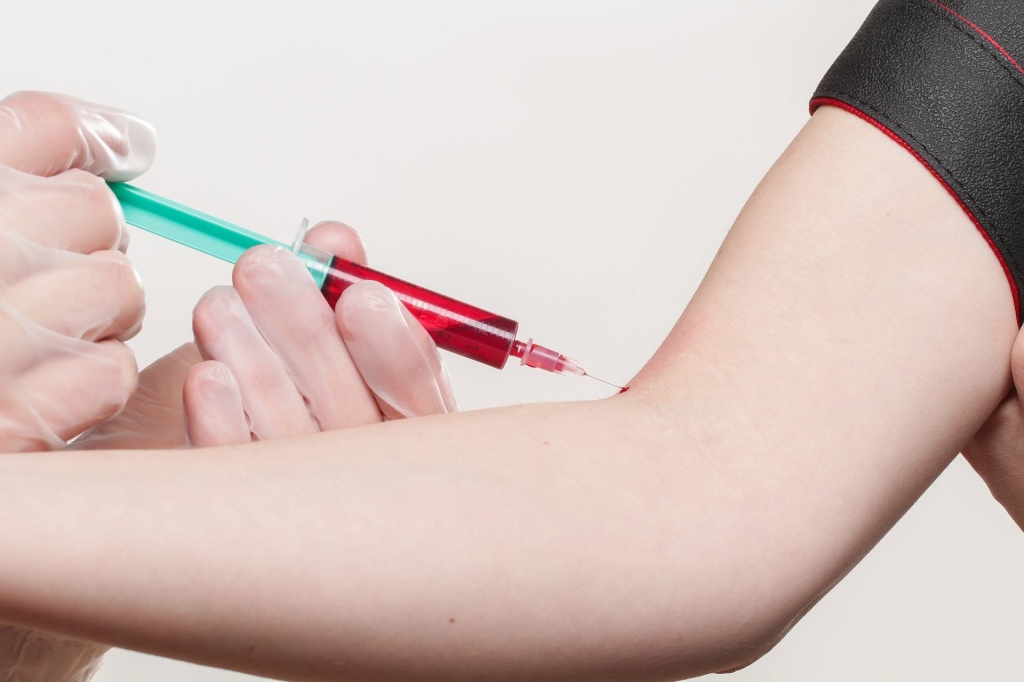
Is a Career in Phlebotomy Worth It? Benefits, Pros & Career Outlook
Are you considering a healthcare career but unsure about which path too take? A career in phlebotomy might be the perfect fit for you.This profession involves drawing blood for tests, transfusions, research, or donations. But is becoming a phlebotomist worth it? In this thorough guide, we’ll explore the benefits, pros, career outlook, and practical tips for entering this rewarding field.
what Is Phlebotomy?
Phlebotomy is a specialized healthcare profession focused on collecting blood samples from patients. These samples are essential for diagnostic testing, blood donations, or research purposes. Phlebotomists are trained professionals skilled in vein puncture techniques, patient interaction, and safety procedures.
Becoming a certified phlebotomist typically requires completing a training program and gaining certification, but it offers a pathway into the broader healthcare industry with minimal educational barriers compared to other medical careers.
Key Skills and Qualifications Needed for a Phlebotomist
- Strong communication skills
- Attention to detail and accuracy
- Steady hand and good dexterity
- Ability to handle stressful situations calmly
- certification from a recognized program (such as the American Society for Clinical Pathology, ASCP)
- Basic knowledge of safety protocols and medical terminology
Is a Career in Phlebotomy worth It? Exploring the Benefits
1.Rapid and Accessible Training
Unlike many healthcare professions, becoming a licensed phlebotomist typically takes between 4 to 12 weeks. Short-term training programs and certification options make it accessible for individuals eager to start working quickly.
2. High Demand and Job Stability
The healthcare industry continues to grow, with a strong demand for skilled phlebotomists. According to the U.S. Bureau of Labor Statistics, employment for phlebotomists is projected to grow faster than average, ensuring good job stability and opportunities across various healthcare settings.
3. Competitive Salary
While not the highest-paying healthcare job, phlebotomy offers a respectable salary that can support a pleasant lifestyle. Additionally, many phlebotomists enjoy benefits such as healthcare plans, retirement options, and paid time off, depending on employment settings.
4. Flexible Work settings and Schedules
Phlebotomists are employed in hospitals,clinics,blood donation centers,laboratories,and outpatient care facilities. This variety allows for flexible working hours, including part-time or evening shifts, fitting diverse lifestyles.
5.Entry into Healthcare and Career Advancement
starting as a phlebotomist can serve as a gateway into the broader healthcare sector. Many professionals advance into roles like medical assistant, laboratory technician, or even healthcare management.
Pros and Practical Tips for Aspiring phlebotomists
pros of a Career in Phlebotomy
- Low barrier to entry with minimal educational requirements
- Chance to make a tangible difference in patients’ health
- Relatively short training period leading to quick employment
- Potential for flexible hours and part-time positions
- Strong job growth prospects
Practical Tips for Starting a Phlebotomy Career
- Research accredited phlebotomy training programs in your area or online
- Get certified through recognized organizations to boost employability
- Gain hands-on experience through internships or externships during training
- Develop excellent patient communication skills to ease nervous patients
- stay updated with the latest safety standards and medical practices
Career Outlook and Job Growth for Phlebotomists
Employment Projections
The demand for phlebotomists is expected to grow considerably over the next decade. Factors contributing to this growth include an aging population requiring more blood tests, expanded laboratory services, and increased focus on diagnostics in healthcare.
Average Salary and Benefits
| location | average Salary | Top States |
|---|---|---|
| National Average | $36,000 – $42,000 | California,Texas,Florida |
Note: Salaries can vary based on experience,certifications,and geographical location.
Case Study: A Day in the Life of a Certified Phlebotomist
Emily, a certified phlebotomist working at a major hospital, shares her experience: “I start my day checking the supplies and preparing for scheduled blood draws. I assist patients of all ages,from children to seniors,making sure thay’re comfortable. The feeling of helping someone get answers to their health concerns makes the job very rewarding.Plus, the flexibility of my schedule allows me to pursue my personal goals.”
Conclusion: Is a career in phlebotomy Worth It?
For those interested in healthcare but seeking a profession with quick entry, good job prospects, and meaningful patient interactions, a career in phlebotomy is undoubtedly worth considering. While it may not offer the highest salaries in the medical field, it provides a solid career foundation, growth opportunities, and the satisfaction of contributing to patient care.If you’re motivated, compassionate, and looking for a rewarding healthcare career with a manageable education path, phlebotomy could be the right choice for you.
Start exploring accredited training programs today and consider taking the frist step toward a fulfilling career in healthcare!